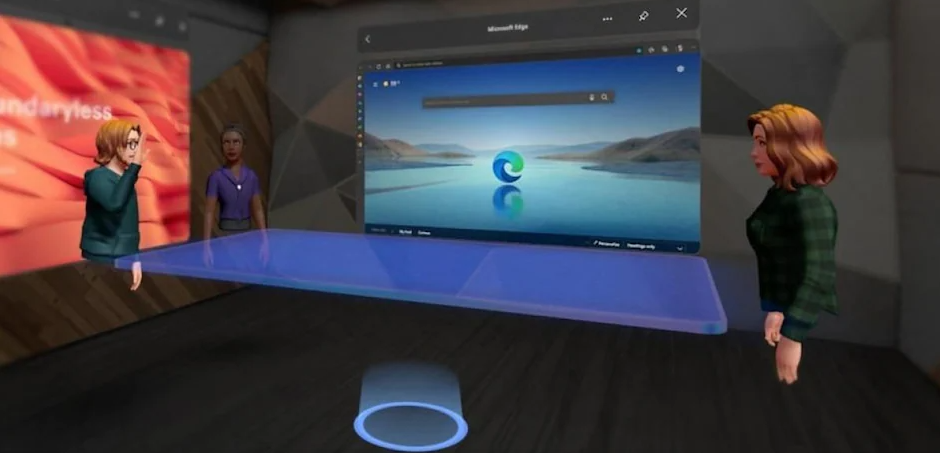There are those who say “the Metaverse” is the future of society and will transform all aspects of life in the years to come. Others strongly disagree, saying the Metaverse is a niche technology that will be limited to gamers and socialising teens. The fact is, both views are correct.
The disconnect is because the word Metaverse means different things to different people. To solve this, we need to make our language more precise, as the industry is actually pursuing two very different concepts: the virtual Metaverse and the augmented Metaverse, each of which will have a unique rate of acceptance and a very different impact on society.
But first, what is a Metaverse? Having been involved in VR (virtual reality) and AR (augmented reality) from the very early days, I’m often asked how I define key markets and technologies. For Metaverse, I define it as follows:
A Metaverse is a persistent and immersive simulated world experienced in the first person by large groups of simultaneous users who share a strong sense of mutual presence. It can be entirely virtual (a virtual Metaverse) or be a rich virtual layer added to the real world (an augmented Metaverse).
Some people would go further and insist that a Metaverse must also be a general purpose world, and not application specific, and that it includes rules of conduct and an economy. Whether you add those limitations or not, I believe the virtual Metaverse will be increasingly popular for gaming, entertainment, and socialising but will be limited to short-duration uses for the majority of the public.
On the other hand, the augmented Metaverse will transform society, replacing phones and desktops as the central platform of our lives. This transformation will begin in 2024 when the first fully functional AR glasses hit consumer markets from major manufacturers. It will then follow an adoption curve similar to the rise of smartphones after the iPhone launch in 2007. Market penetration will be rapid, as AR will be required to access valuable layers of information.
To explain why the augmented Metaverse will transform society and the virtual Metaverse will have limited use, I’d like to jump back to my first experience doing virtual reality research thirty years ago at NASA. I was working with early vision systems, studying how to model interocular distance (the distance between your eyes) to optimise depth perception. While this work resulted in a couple of mildly interesting academic papers, the impact of that research on my understanding of immersive technologies had nothing to do with improving depth perception in VR.
Source: https://www.businesstoday.in/opinion/columns/story/heres-why-augmented-reality-will-be-the-gateway-to-metaverse-322518-2022-02-14
